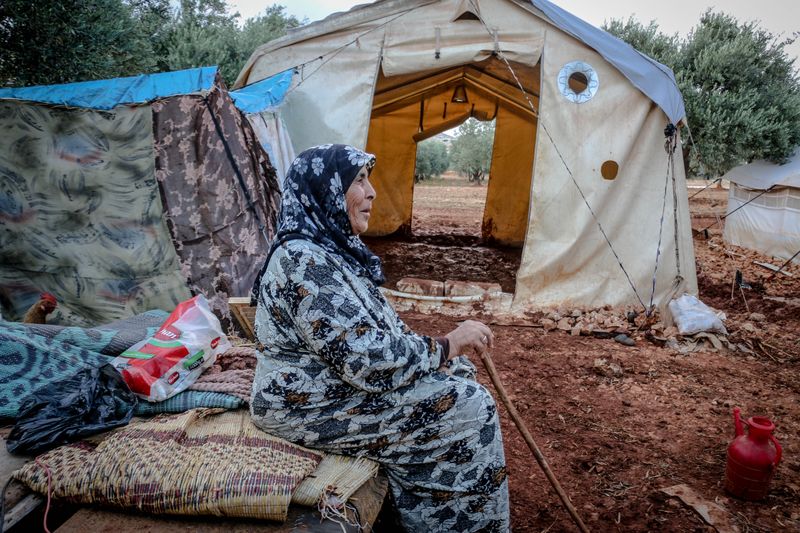Table of Contents
Dispatches Australia Should Prioritize Humanitarian Visas for Afghans
Moral Imperative and Humanitarian Crisis
This week marks the two-year anniversary since the Taliban returned to power in Afghanistan, and it is a moment for reflection on Australia‘s humanitarian visa program and its support for those trying to flee the country. Afghanistan has plunged into one of the world’s worst humanitarian crises, with two-thirds of its population facing hunger and millions of children suffering from acute malnutrition. The country also has one of the highest infant mortality rates globally, and preventable deaths of women due to pregnancy-related causes are alarmingly common.
Since seizing control of Afghanistan in August 2021, the Taliban have denied women and girls their basic rights to education, work, movement, and peaceful assembly. The remaining Afghan media is heavily censored, and journalists and critics are facing increasing repression. In such dire circumstances, it is a moral imperative for countries like Australia to prioritize the rescue and resettlement of the most vulnerable.
Flexibility and Innovative Solutions
Unfortunately, the current humanitarian visa program in Australia is facing significant obstacles. The Home Affairs Department has confirmed that applications for humanitarian visas from Afghanistan are not being processed due to hurdles created by the Taliban authorities themselves. While health and security checks are necessary, unusual circumstances demand a reduction in administrative barriers. The Law Council of Australia has highlighted that Afghan applicants are being refused despite meeting all other criteria for a humanitarian visa, suggesting an inadequate capacity to process them.
It is essential for refugee resettlement programs to have the agility to innovate and adapt, particularly in times of crisis. As the situation in Afghanistan deteriorates, the Australian government must prioritize the processing of humanitarian visas for those desperate to flee. This includes cutting through bureaucratic red tape and ensuring that the necessary resources and infrastructure are in place to handle the influx of applications. The government should also be prepared to increase the overall allocation of humanitarian visas for Afghan nationals to better match the scale of the humanitarian crisis.
The Need for Action
Australia has previously demonstrated the ability to find solutions and act swiftly when there is political will. In 2021, the government allocated 26,500 humanitarian visa places for Afghan refugees over the following five years. However, as of May 2023, only half of these visas had been granted, despite the number of applications exceeding 40,000. At this rate, the available visa places will fall far short of the urgent need.
Australia has a responsibility to fulfill its obligations to international humanitarian efforts and uphold its commitment to protecting human rights. The current circumstances in Afghanistan demand urgent action. By prioritizing the processing of humanitarian visas for Afghans and increasing the overall allocation of visas, Australia can make a significant difference in the lives of those fleeing the Taliban regime.
Conclusion
Australia‘s humanitarian visa program must adapt to meet the current crisis in Afghanistan. It is imperative to prioritize the rescue, protection, and resettlement of Afghan refugees, particularly women, children, and other vulnerable groups facing severe human rights abuses. The government should reduce administrative barriers, increase the capacity for processing applications, and allocate additional visas to match the scale of the humanitarian crisis. By taking these steps, Australia can make a tangible impact on the lives of those in need and demonstrate its commitment to human rights and international solidarity.

<< photo by Ahmed akacha >>
The image is for illustrative purposes only and does not depict the actual situation.
You might want to read !
- Australia’s Responsibility: Prioritizing Humanitarian Visas for Afghan Refugees
- Trinidad and Tobago: A Call to Cease Deportation of Refugees and Asylum Seekers
- Release Walid Daqqah: A Call for Justice in Israel/OPT
- Japan’s Moral Imperative: Standing Up Against Hong Kong’s Rights Violations
- Pakistan’s Treatment of Afghan Refugees: Ending Harassment and Arbitrary Arrests